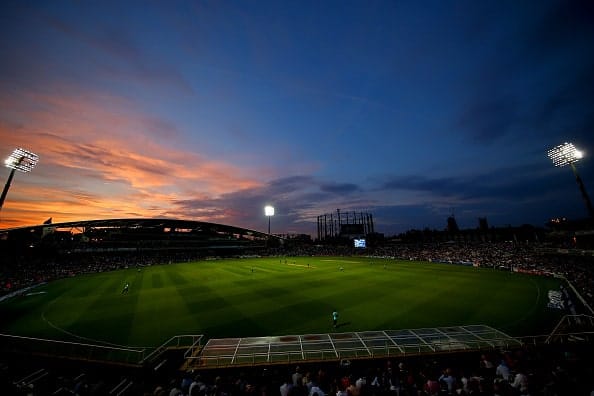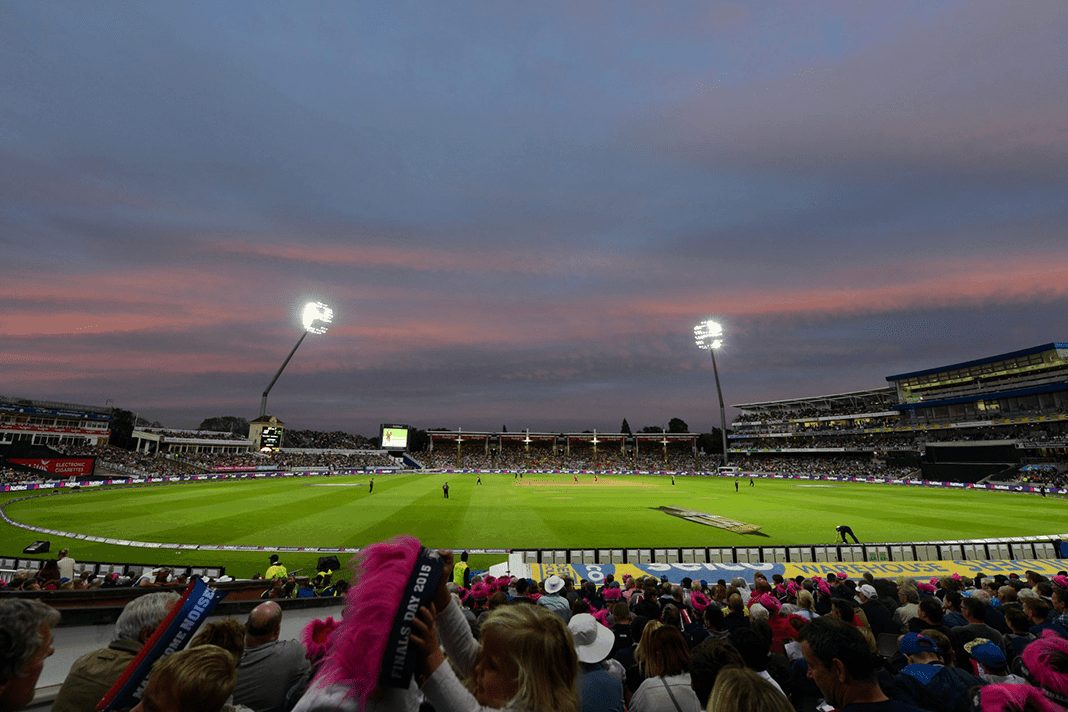“Sport does have a leadership position. If we can find ways of delivering with less waste and plastic then others will follow”
Did you know that 750,000 bottles of water are handed out at the London Marathon each year? This can result in up to seven tonnes of waste.
Hello from WeTrack! In this guest blog we continue our analysis of the environmental impact of mega events. Last time the focus was on carbon footprints; this time it is plastics. We’ll consider the problem posed by plastic waste, and look at a number of initiatives designed to tackle such issues.
Say you’re an event organiser – why do you need to care about use of plastics at your event, and what should you do to effect change?
Read on for the problems and [some] solutions…
The issue
The big issue is that of waste, both generally, and especially in the marine setting. Resources are finite, so we can take ‘waste is bad’ to be a given as our starting point, but the avenues through which this waste is dispersed produces further, serious problems.
The London Marathon statistic speaks and wastes volumes. Elsewhere, the Kia Oval used to get through 1.3 million disposable cups each season, before implementing certain initiatives. These vessels can often be recycled, but only a limited number of times.
However, it is the marine setting that bears the biggest brunt of plastic pollution. Animals get trapped in discarded plastic. Toxic chemicals spread into water. There are an estimated 5 trillion pieces of plastic in the world’s oceans, and 8 million more tons ending up in the ocean every year. Plastic never decomposes and will thus remain there forever; by 2050 all the plastic in the ocean will weigh more than all the fish – a horrifying thought.
Some solutions?
So what is being done about it?
Facing the problem
Well, let’s first visit the Kia Oval, home of Surrey County Cricket Club. The headline here is that the stadium has pledged to go single use plastic free by 2020. Plastic straws are banned. Compostable coffee cups were introduced. Plastic bags have been phased out, taking approximately 6,000 out of circulation each year.

Away from plastics, a partnership with Fidelity Energy and ENGIE sees all electricity used at the Kia Oval being generated from sustainable resources, a long-term partnership estimated to save 6,252 tonnes of carbon from being pumped into the earth’s atmosphere.
Surrey CCC Chief Executive Richard Gould has commented on the model role of sport in environmental matters: “Sport does have a leadership position. If we can find ways of delivering with less waste and plastic then others will follow”.
Waving goodbye to plastic
This summer, Croyde Ocean Triathlon officially became the first ever plastic-free event to take place in the United Kingdom. Its stated intention was to put on incredible events in beautiful locations without damaging the environment: particularly pertinent in the marine setting.
It stripped single use plastics from every aspect of the event: catering, signage, plastic bags… Energy gel sachets, blamed for deaths of deer after being discarded by cyclists, were banned; and the endless plastic bottles oft-found at drinks stations were replaced by compostable Vegware paper cups.
Croyde is hoping to be a trend-setter, nationally and internationally. There is general awareness of the need for such initiatives, but now events need to take action. Initiatives need to become less an ‘initiative’ and more a matter of course.
Sport, generally, can be that trend-setter. Thinking back to the Kia Oval, cricket has 2.5 billion fans worldwide. That status creates a responsibility to influence human behaviour in a positive way in environmental matters. Groups such as BASIS and The Next Test share such an attitude: check their work out.
If sport accepts its duty to trade-off its commercial, social and environmental impacts in fair measure, it can set an example to the rest of the event industry, and society as a whole.
Blog by Peter Ward, Director at WeTrack










